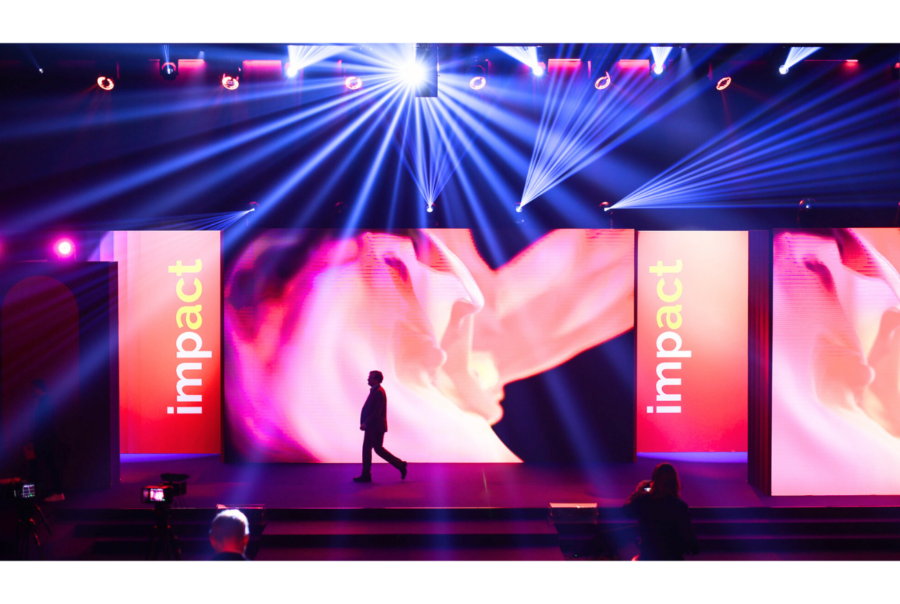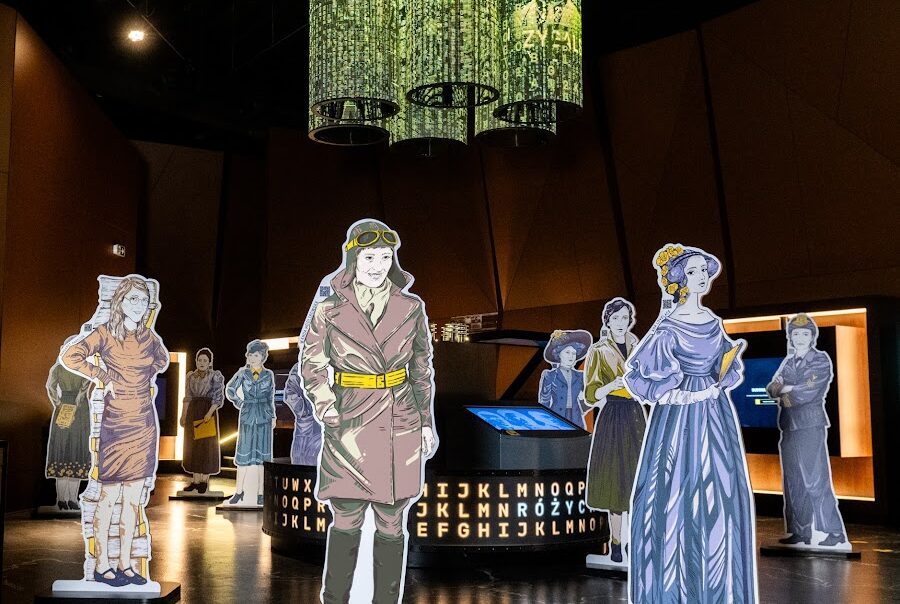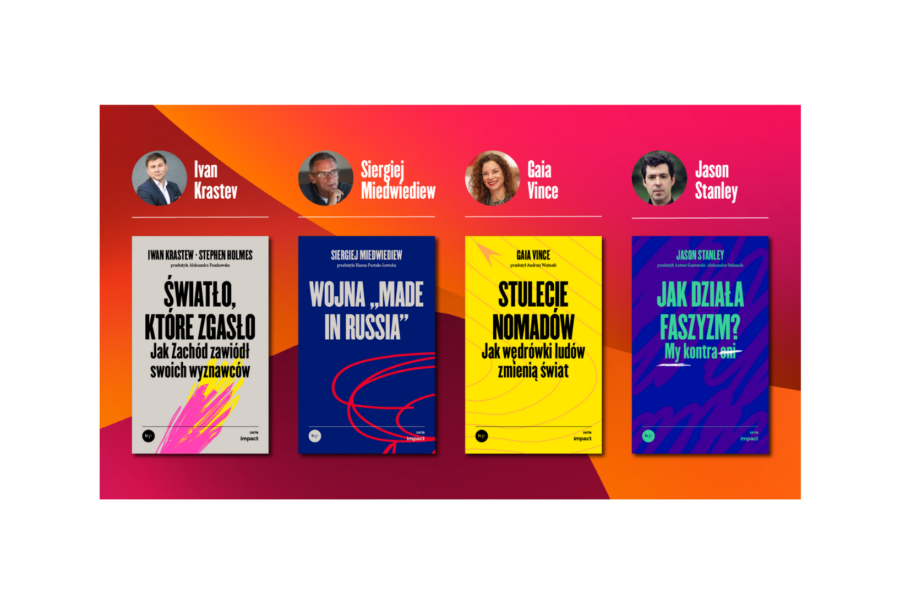What can humans do that artificial intelligence can’t? Kenneth Cukier believes that our imagination, innate vision of the world and ability to think contextually give us an advantage over AI.
Few journalists in the world understand AI and can write about it in an interesting way. Kenneth Cukier, Deputy Executive Editor of The Economist, is one of them. He is co-author of several bestselling books about AI including: Big Data (published in 2013), a New York Times bestseller that has been translated into more than 20 languages, Learning With Big Data: The Future of Education, and his latest book, Contextual Thinking. The Greatest Advantage of Humans over Artificial Intelligence.
Mr. Cukier says that he has been routing for AI, machine learning models and big data since the first time the world heard these terms. As far back as in 2013, in his Ted Talk, he explained: – More data doesn’t just let us see more. More data lets us see new things. It lets us see better. It lets us see things differently. He noted that companies with big data sets learn more, react quicker, fix mistakes easier, are more flexible and grow faster.
What are humans better at than artificial intelligence?
In the latest book he co-authored, Contextual Thinking. The Biggest Advantage of Humans over Artificial Intelligence, Mr. Cukier talks about things that humans can do, that artificial intelligence can’t – I don’t want to focus on whether or what artificial intelligence will be better than humans at. I’m interested in what humans are best at, and what they should pass on to AI to have better tools,” he said at Tech Conference 2023. Humanity, in his opinion, brings something to the table that machines will never know how to do: the ability to think contextually. What does that mean? Contextual thinking lets us create mental models that make the world easier to understand, see how it works, predict the future, and understand changes. The framework we use to analyze a given situation impacts the decisions we make and ultimately the outcome we achieve. Examples of “frameworks” include being religious and feminist or an atheist and a sexist. That’s why when a businessperson looks at a rainforest they see the money that the timber is worth and – on the other hand – an environmental activist perceives the same rainforest as a set of “lungs” without which the planet won’t be able to survive in the long-term.
Without data Artificial intelligence can’t predict the future
Thanks to our innate concept of how the world should be and our imagination, we can consider various scenarios – what will happen when I do this, what will happen when I do that differently. Artificial intelligence has plenty of data, but no inborn view of the world, it can’t think contextually or imagine things. – When a machine makes a prediction, it indicates that what happened yesterday will also happen tomorrow. Everything it proposes is based on the past and works provided the world doesn’t change,” Mr. Cukier said at Tech Conference 2023. Artificial intelligence requires data to work. Humans, thanks to our imaginations and ability to think contextually, can make decisions without data. Not to mention the fact that those of us who have vivid imaginations “see the world not as it is, but as it could be.”
The ability to think contextually – our advantage over Artificial Intelligence
Champions of contextual thinking include scientists, inventors, and prominent businessmen, such as Steve Jobs and IKEA founder Ingwar Kamprad. When Kampard founded IKEA in 1943 the market was dominated by expensive, sturdy furniture that would last several generations. But the young Kamprad changed that model. He began creating low-cost versions of chairs, closets and beds, based on the idea that, if they ever got worn out or boring, they could be easily and cheaply replaced. In the 1990s Nokia used the same model to create cheap and trouble-free mobile phones. Then Apple came along with a completely different proposition: an expensive phone, more susceptible to technical problems but equipped with numerous more features. This was the traditional business model for selling computers applied to the telecommunications industry. As it turned out people were ready for it and the company dominated the market. Now that computers have become better at some of the cognitive tasks, contextual thinking and the ability to create mental models has become critical – more important than ever because it cannot be delegated to machines.





